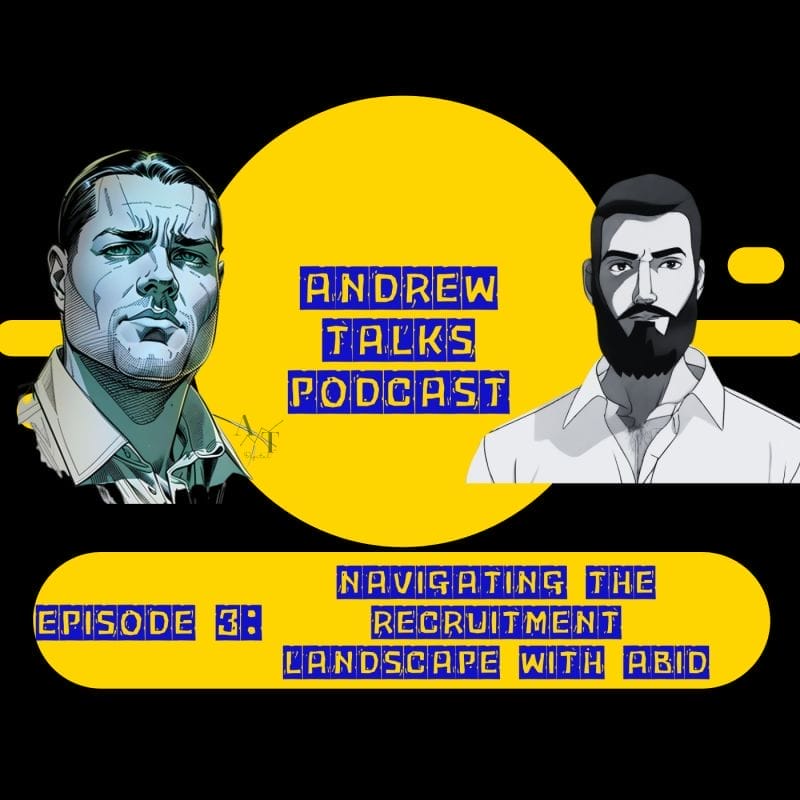
How will automation change the recruitment process?
Automation isn’t just about transforming jobs and the future of work for employees, it will also transform the recruitment process.
When we talk about automation and the future of work, a lot of the conversation tends to land on future jobs.
Many people are left wondering whether or not their job will still be there in 20 years, while others want to know what kind of new jobs will be created in the age of automation.
However, there is so much more to automation and the future of work apart from the roles themselves. Automation will bring a lot of positive changes to the world of work that have nothing to do with creating or destroying jobs.
One area in which automation will have a critical impact is the HR and recruitment sector.
Chatbots will become a major part of the recruitment process across companies all over the world and Pramerica Systems Ireland is already implementing them.
With a career that spans approximately 17 years, Joe Dunleavy, head of innovation at Pramerica, has become a subject-matter expert in his field. He said automation and chatbots are changing the recruitment process for the better for both employers and employees.
“From an employer perspective, it allows us to do more with same team we have today and gives them additional time to focus on other tasks like finding the right talent for the roles we have open at any given time,” he said.
“From a candidate perspective, it allows them to get answers to questions quicker using chatbot or AI technology than having to wait for someone in our Pramerica team to respond to their query.”
Pramerica’s recruitment process
Dunleavy said Pramerica has always had a strong focus on automation, and more recently on robotic process automation. “One of our initial use cases has been partnering with our internal HR department around the handling of common recruitment requests that our Pramerica team handle today manually, and automate them through the adoption of AI and chatbots.”
A chatbot was developed by gathering the most common questions and queries made to Pramerica’s HR recruitment team around the world, and using that data as the basis for an externally facing chatbot.
“This approach allows us, through the use of this emerging AI technology, to be able to handle the majority of the requests asked today via email and phone channels via our bot. Any queries the bot is not able to handle will then be passed on to our team.”
Can chatbots do more?
Dunleavy said chatbot technology can develop more and more capabilities over time, making it ideal for recruitment.
At the moment, he said his team is initially focused on the handling of queries or questions, but the plan is to evolve the chatbot with more sophisticated capabilities.
“For example, could someone provide their LinkedIn profile and have the bot use AI to find the top three jobs we have on offer that match their experience and skillsets?
“There is so much opportunity but the most important part is to simply start somewhere and build on it,” he said.
Future automation trends
While chatbots are part of the major technology currently impacting recruitment, there is a lot more that automation can do to transform the sector.
Dunleavy predicts that AI and machine learning will play a huge role in HR and recruitment. In particular, he said robotic automation processing will help to speed up the onboarding process to handle certain elements such as visa applications.
Any other trends? “The use of AR/VR to showcase the company’s culture and our brand new state-of-the-art campus at recruitment events or online through people’s own devices.”
With systems such as chatbots already in place and a number of other trends Dunleavy sees coming down the line, it’s safe to say that, in the not-too-distant future, the recruitment process will change forever.
Published originally by Jenny Darmody
International digital analytics, data science or programmatics expert, and looking for a job?
Digital agency looking to expand your team with top-tier talent?
Get in contact with us!



